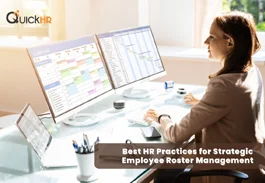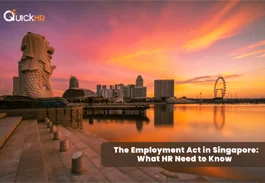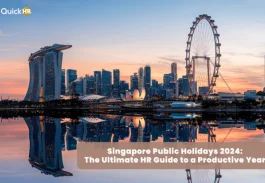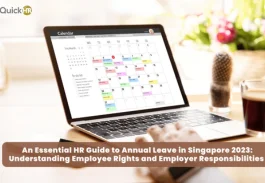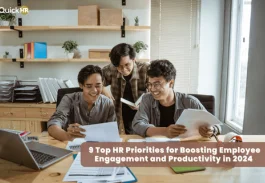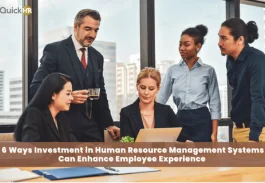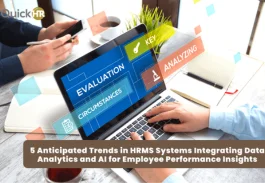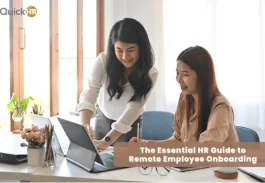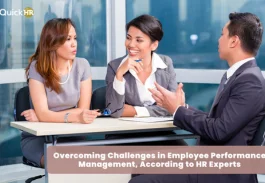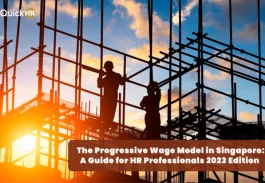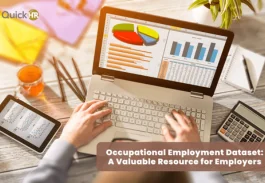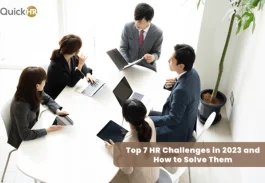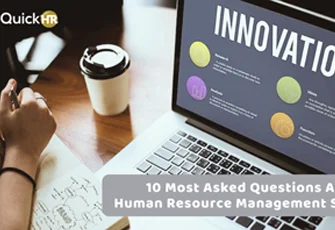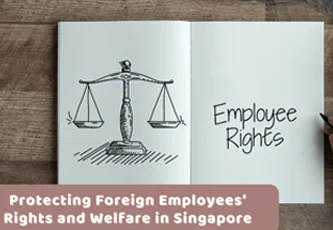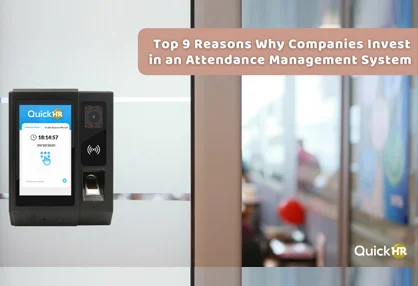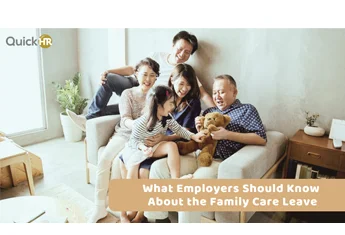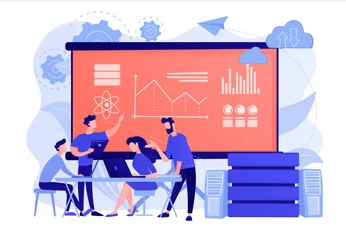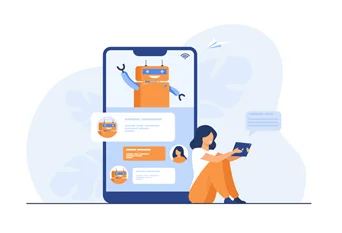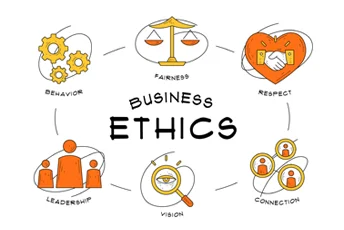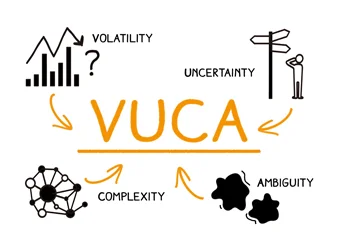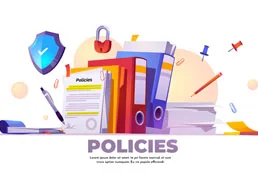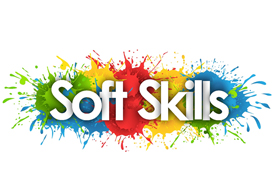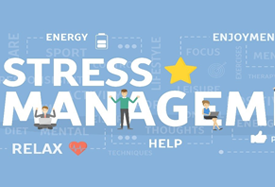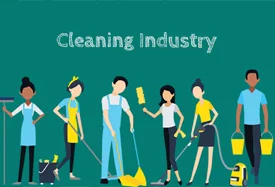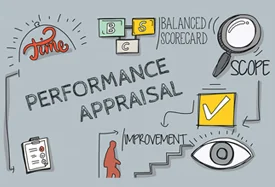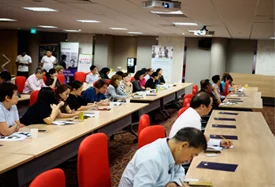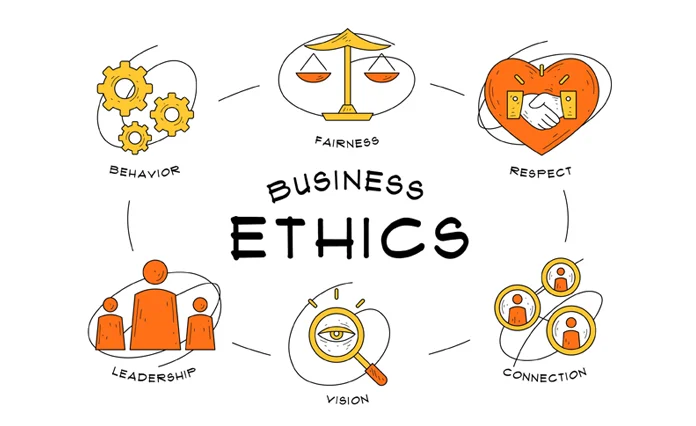
HR Ethics 101: Lessons in Failure.
Posted on 16 March 2021 in Business | Gabriel Chua
Ethical Human Resource Management
Be it running their payroll, managing their leave applications, or just being on the lookout for their overall well-being, the Human Resources (HR) department deals with one of the most important resources in a
company to improve performance and gain a competitive advantage. HR often walks a narrow line between management and employees, serving as an intermediary between the two parties to enable smooth business operations. Given that HR can be seen as the backbone of any organisation, it is of utmost importance that practices should be applied based on ethical principles of honesty, integrity, and equal treatment for all.
Let us take a look at 3 cases where there was a systematic breakdown of ethical standards, and what we can do as HR to overcome it.
How HR can Overcome Lapses in Ethical Standards
Case Study 1 : Toyota
Problem : Honesty and integrity is an ethical standard that cannot be understated in a business.
In 2014, Toyota came under heavy fire for having to recall approximately 9 million vehicles worldwide due to various mechanical faults, some of which were even linked to fatal accidents. It eventually came to light that various high-ranking operatives in Toyota knew of the faults early on in the process, but chose to remain tight-lipped.
To compound the whole situation, the organisation was also found to have an unusual reward system in place that rewarded unethical behaviour. Managers were appraised based on damage limitation instead of upholding quality, thus establishing the motivation for all parties involved to turn a blind eye the sweep the issue under the rug. When this company sanctioned 'cover-up'

eventually came to light, Toyota suffered a loss of about $30 billion in stock valuation. In addition, the company suffered a large dip in terms of customer retention, public favour and approval.
Lesson Learnt : Likely hindered by legacy policy and a ‘cover-up culture’ it would have been difficult for Toyota’s HR to change company culture from the outset. System abuse can often come from within the company too.
However, looking at the severe backlash Toyota had to deal with when the issues came to light, it still remains of utmost importance for HR to advocate for and establish high ethical standards. From HR’s perspective, they ought to take the initiative and push the company to aim for triple-bottom line performance. The Triple bottom line framework measures a company’s performance in three aspects, namely, the financial, social and environmental. While Toyota pursued the financial and environmental bottom line as evidenced by its status of one of the leading car manufacturers and sales of hybrid card models respectively, the company clearly neglected the social. The whole fiasco showed Toyota’s lack of emphasis towards social responsibility and with customers having a huge preference for companies that are truthful and sincere, this greatly hurt Toyota’s reputation.
To recover from this incident, HR can work in unison with top management to create a culture that focuses not only on profits but on social responsibility to create a win-win situation for the business and its customers.
Case Study 2 : Anonymous
Problem : Equal treatment is a basic fundamental practice when it comes to employee interaction. Discrimination based on age, sex, religion or other factors are strictly disallowed by Singapore law and can have severe consequences for a company if found out.
As reported in the Straits Times, a discriminatory incident first began when Mrs Claudia Chan reported to her supervisor that she had gotten pregnant and applied for maternity leave. But, shortly after, she was informed she would be dismissed from her position as a result of poor work performance. Mrs Chan suspected she was being unfairly dismissed because of her pregnancy and took her case to the Tripartite Alliance for Dispute Management (TADM). TADM together with the Tripartite Alliance for Fair and Progressive Employment Practices (TAFEP) ruled in favour of Mrs
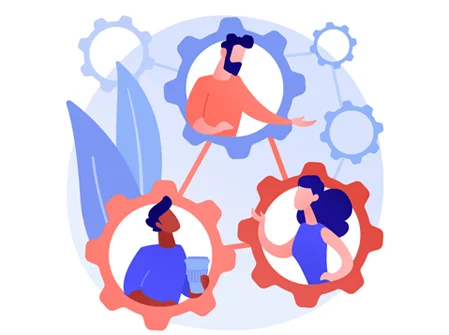
Chan and noted that her company had dismissed her on unreasonable grounds. When brought to the attention of the Ministry of Manpower (MOM), the company had its work pass privileges suspended for 1 year.
Lesson Learnt : This company’s HR department unethically discriminated against its employee by dismissing her on the basis of something other than performance. This violates the ethical principle of fair, equal treatment of all, and non-discrimination. Not only was this company penalised by MOM, it is likely that its reputation was adversely affected, affecting its reputation as a fair employer.
To prevent such events from ever occurring, HR ought to review their guidelines on a regular basis. On top of this, they should always remain vigilant to make sure that ongoing processes are in line with various ethical values that treat all employees equally and fairly, without biasness of any sort.
Case Study 3 : Trendy
Problem : Fairness and compliance to local regulations is one of the key underpinnings of any HR policy, and a basic requirement is establishing ethical practices in an organisation.
According to various whistle-blowers, gaming company, Trendy, consistently did not pay employees on time, citing financial difficulties. In addition, it continued to require employees to work long hours to complete new projects.Even in 2012 when the company received an $18.2 million investment, the funds were diverted elsewhere and did not go to basic operational costs. As such, employees continued to go unpaid.
Unsurprisingly, turnover rates increased as employees started leaving the company. Trendy drew criticism from the International Game Developers Association (IGDA), and when their poor HR
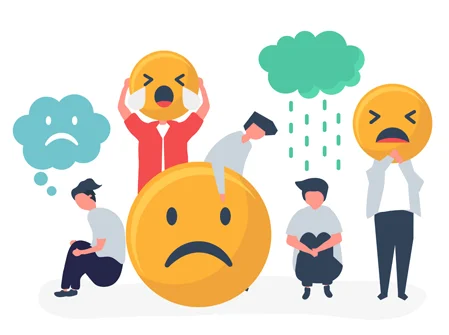
practices were exposed, many customers also expressed their disapproval.Eventually, top management like company president, Jeremy Stieglitz, left the company amidst the ongoing troubles. When a new president took over, the company was rebranded as Chromatic Games , with the company going back to its indie roots, labelling itself as "employee-owned" company
Lesson Learnt : A toxic work culture and an inability to pay their employees on time, Trendy displayed their unfair and improper treatment toward their employees. Their practice was not only unjust, but illegal and unethical as well. This demonstrated to employees that Trendy’s management considered only their own interests, and not in treating their employees fairly.
In contrast, an organisation that has a policy of considering and catering to their employees’ interests has been shown to reap great benefits. That involves giving employees ownership of their work, treating everyone with respect and valuing the ideas and opinions that they put forth. It is therefore a highly important reason why both HR and top management ought to adopt such a practice, to go beyond the expectations of traditional ethical practices so as to empower employees to go above and beyond themselves.
The Takeaways
The failure of HR to follow ethical principles can cause not only an organisation’s productivity to dwindle, but have serious consequences on how it is perceived externally. The burden falls on HR to establish and ensure that policies and systems promoting fairness, honesty and impartiality are adhered to. It is through this that a just organisation can truly be built, structuring itself on the basis of ethical grounds, following the principles of honesty, integrity, and equal treatment for all.
Here at QuickHR , we aim not to only provide a plethora of HR related information, but to help prepare your systems to deal with the next generation agile workforce as well. With our comprehensive HRMS modules catering to Human Asset Management, Workforce Management and Human Capital Development, you will be empowered to streamline your organisations workflow and focus on dealing with the things that truly matter; democratising your systems, empowering your workforce and enabling agility.
Once again, we hope that you've enjoyed a good read. And remember, Think Now, Think Far, Think QuickHR.
* Get in touch with us at quickhr.co/contact-us to find out more about our state-of-the-art HRMS solution!
Enjoying this article? Subscribe now and never miss out on future content.

